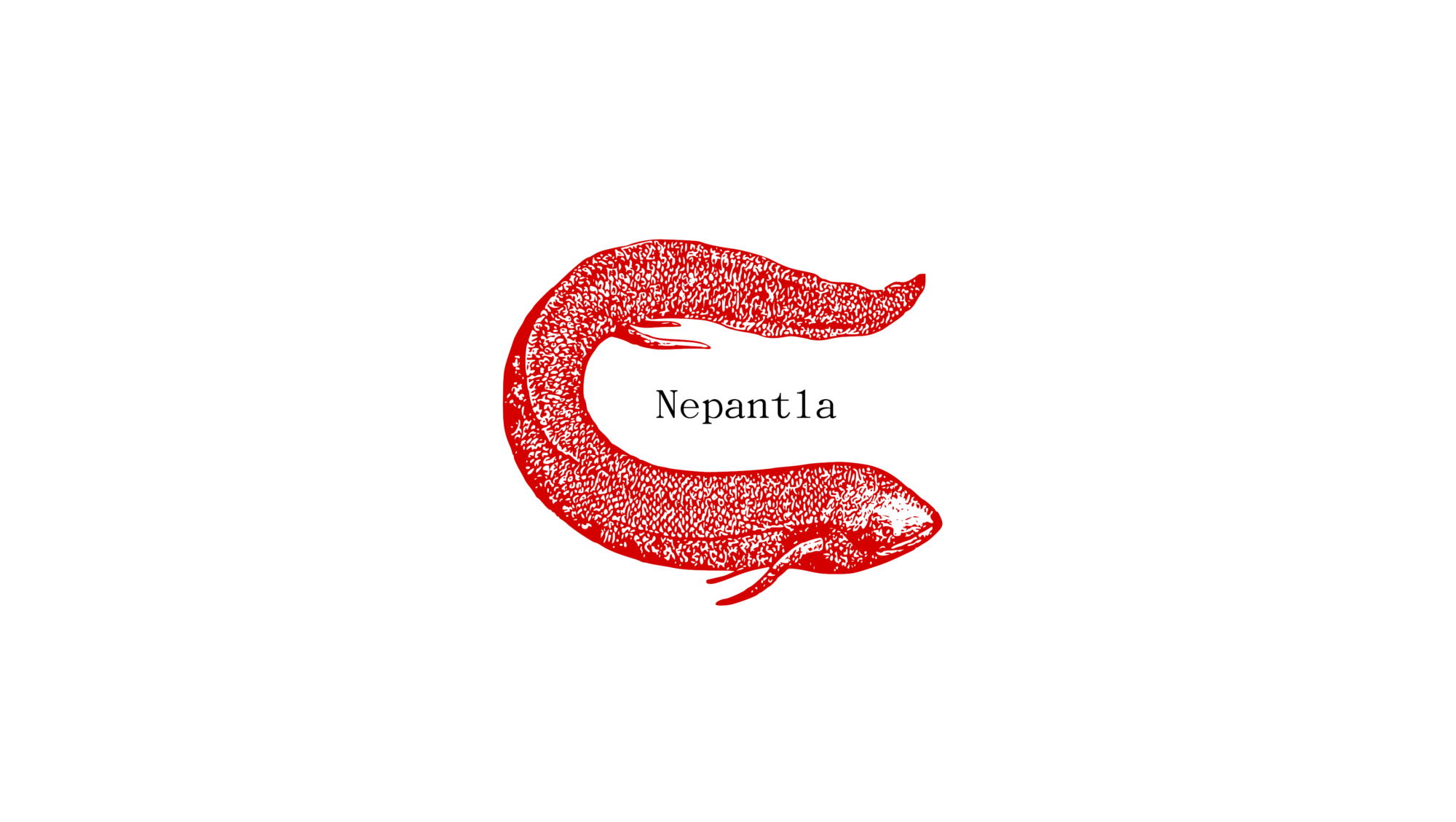- Raul Trejo Villalobos – Interculturality - April 20, 2021
- Postpandemic perspectives - March 13, 2021
- Posthumanism: Romanian scenery 5 - August 26, 2020

Agents of change are an essential part of any political system. They are flexible elements that can redefine the relations within that system. This term shows its importance in the present political and social climate on at least three main axes. The elections in the US, COVID-19, and climate change.
The political
Two day after Trump’s election in 2016, A. Badiou held a lecture at the University of California. He talked about Trump’s election and about what made this election possible. The main culprit in his view is the monolithic nature of our society. A society so dense and so statical that nothing new seems possible. A society based on accumulation and preservation of capital, he says, is only oriented on profit. This orientation furthermore defines political strategies and flattens them. It does so to the point that no real distinction can be drawn betweent different political strategies.
He continues this thought by analysing the image of capitalism and consumerism. They present themselves namely as the only possible solution. They engulf any proposition for change and argue that change is possible only whithin and with capitalism. Progressive politics are adapted to the logic of profit and end up being free market choices, libertarian illusions of freedom.
The lack of agents of change
Framed by this depiction of a monolithic society, the 2016 election seemed a choice between candidates that have no real distinction between themselves. Both upheld the market based economy, the libertarian understanding of change and lobby for progress through profit endorsed politics. The only difference between Clinton and Trump was in Badiou’s eyes superficial: their party membership, their discourse, or their gender.
Faced with a choice between two apples from the same basket, the public chose the one that stands out, the one that seemed a bit different, but at its core was not. A real opposition to Trump was however Bernie Sanders. He did propose a different politics. He did propose a restriction of the status quo of market based economies. Further on he did lobby for social change. Unfortunately, the public never had the chance to choose between two real opposing candidates: One shouting against the system he represents, and another opposing the system and demanding its revision. The public thus never got to choose between a statical political agent, a spectacle of change and a possible agent of real change.
The ontological
Badiou’s analysis draws from his mathematical realism. In Being and Event Badiou attempts to construct a plural ontology based on mathematical set-theory. According to this ontology every existent thing is a multiplicity of relations defined within in a set and in relation to all other subsets the set contains. For example, we can describe Trump as the set of his physical properties, a set of his political beliefs, a set of interactions with institutions and individuals based on those beliefs, a set of private and public relations, and so on. The overarching set that defines all the other sets of the individual Trump would be however according to Badiou a strong capitalism. Continuing this line of thought, we can describe Clinton as a variation of all the subsets mentioned in Trumps case but standing within the same set.
Based on this set description Trump and Clinton can interact with each other and contradict each other. They do so however within the same set. Under this overarching condition however their interaction cannot lead to a real contradiction, to a real opposition that would lead to change. Their conflict remains resolved within the same set. How is then change possible?
Agents of change
I resort again to Badiou’s mathematical realism to explain. Any set must contain according to Badiou and set theory an element that borders other sets, that are not included in the initial set. Such elements can import subsets in their own set from foreign sets. Foreign sets or elements are such that cannot be counted as part of the initial set. Furthermore, as foreign subsets they can lead to real contradiction within the initial set. A real contradiction is such that it challenges the very structure of a set and leads to its fluidization or change. Individuals bordering other sets are thus agents of change.
According to Badiou, Sanders is such an element. Sanders is essentially a member of the same set that defines Clinton and Trump, but borders on other sets that have subsets foreign to Trump’s overarching set: universal social welfare, universal medical care, progressive taxing, and so on. A confrontation between Trump and Sanders would in this scenario lead to a real contradiction, that could prompt eventful change.*
Faced with the imminent need of change – COVID-19 and climate crisis – the US election is one between superficial and real change. It is namely a choice between agents of change or agents of show, of spectacle.
A similar understanding of change is possible with the concept of nepantla. See Federica G. Luna’s Nepantlera.
* I say “it could” because change is unpredictable and therefore eventful. Only well defined elements from within a set can be predictable.
